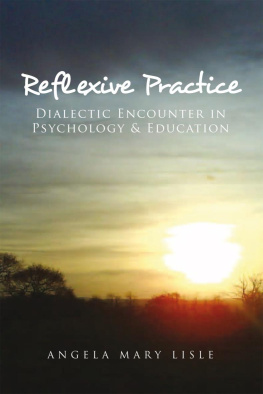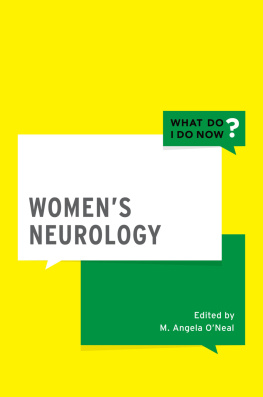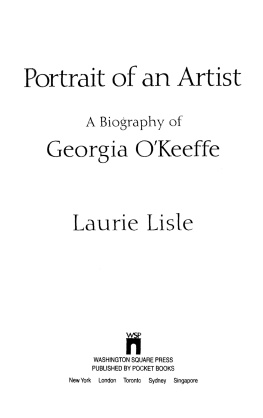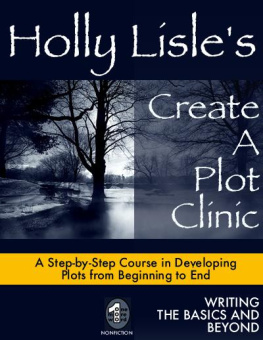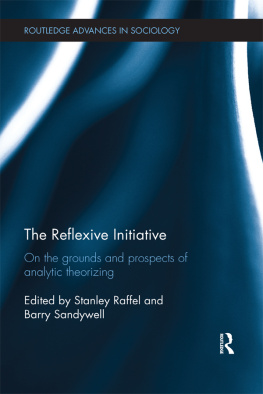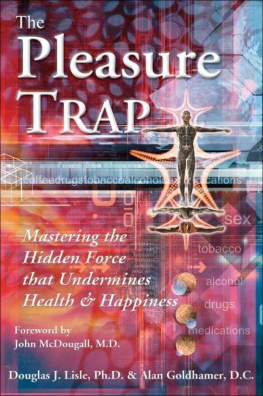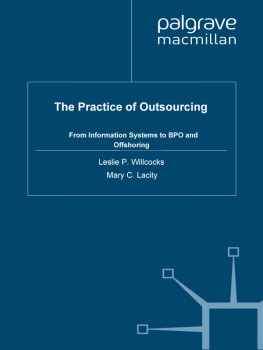Reflexive Practice:
Dialectic Encounter
in
Psychology & Education
Angela Mary Lisle
Copyright 2010 by Angela Mary Lisle.
Library of Congress Control Number: | 2010906020 |
ISBN: | Hardcover | 978-1-4500-9198-5 |
Softcover | 978-1-4500-9197-8 |
Ebook | 978-1-4500-9199-2 |
All rights reserved. No part of this book may be reproduced or transmitted in any form or by any means, electronic or mechanical, including photocopying, recording, or by any information storage and retrieval system, without permission in writing from the copyright owner.
This book was printed in the United States of America.
To order additional copies of this book, contact:
Xlibris Corporation
0-800-644-6988
www.xlibrispublishing.co.uk
Orders@Xlibris.co.uk
300283
CONTENTS
The reflexive return of modernity: Postmodernism
All hail reflexivity!
Reflexive practice: maintaining interaction in the zone of
proximal development
God said let there be light: The psychophysics of brain-mind
Assessing learning styles of adults with intellectual difficulties
Neuro-cognitive psychology and education:
Mapping neuro-cognitive processes and structures
to learning styles, should it be done?
The consequences of crossing disciplinary boundaries: Cognitivism, connectionism, constructionism and emergent intelligence
Agency-structure in social spaces: Reflexive practice &
personal development planning
The future of psychology and education
Hawthorne Effect in Higher Education
(HE HE)
How can we make people more productive?
We could make their environment pleasant.
Eurekayou mean let them work in surroundings of their own choosing?
No, I mean let them work from home its cheaper!
How can we ensure theyll work?
Give them an incentive.
You mean financial?
Ah, no, keep them hungry!
But wont people leave HE?
Not if you bring in a monitoring system, something based on the Hawthorne Studies
Monitoring hours of work, pace, duration, you know, monitor their computer usage
Who they talk and interact with i.e. Facebook, MySpace, Twitter, other academics...
... what their thoughts and feelings are,
Their aspirations, weaknesses, liabilities...
We could bring a team of psychologists in to analysis the stuff!
Is all of this ethical?
If you get people to submit to being monitored of their own freewill, why no!
Well have consent for the monitoring process if we call it development review.
Build in competition, promotion, rewards, sanctions for poor work etc. etc.
But isnt this covert researchare there any drawbacks?
For example, how will we deal with biases and the self-interest of people involved?
How will we deal with friendships, resentment, theft of work, envy, greed...
All of these human traits will confound the results
This includes the monitors as well as the monitored!
Perhaps thats why the original study was called The Hawthorne Effects!
Life within the Hawthorne environment is just so contrived,
Who would want to snuggle into it!
It would be like snuggling into a Hawthorne bush,
Once youre in it, its hard to free yourself from the thorns!
Author: Angela Mary Lisle (3 rd July, 2009)
Introductory chapter
This book offers a different view of psychology within education particularly with regards to reflexive practices as the theme as well as the application of the dialectic within psychological theory and practice. The unification of different areas within psychology and neuroscience is current and this book contains both the theory and research in this area and offers newly developed theoretical insights. The book has potential for use as an essential reader for undergraduate and postgraduate courses within the social sciencescourses such as those within education, specifically but not exclusively early years education, social work/sociology and psychology. In terms of level of education, the book would be best suited to degree and postgraduate levels 4, 5, 6 and 7. The book takes an interdisciplinary approach and covers a number of areas within the social sciences: sociology, education, psychology and the cognitive sciences: neuropsychology, cognitive psychology, and psychophysics. As can seen psychology is the line of symmetry for these approaches to psychology within education.
The aim of the book is to examine reflexive practices within the social sciences; psychology in particular, highlighting its uses and the neuropsychology that underpins it as a meta-cognitive learning style. Central to the examination of reflexive practice is the dialectic. Indeed, when examining the dialectic nature of reflexive practice one gets a full flavour of its ubiquity and each chapter contains theoretical if not research insights which I outlined below.
At the heart of this book is the notion of reflexive practice as a self-reflexive learning style for personal and professional development. Reflexive practice is covered in a multidimensional way. It is examined as part of the personal development of a student, as personal development of the educator and as the thinking style of the individual in the agency-structure dialectic of the global post-modern human condition, and the place of early childhood education, if not education per sae within that international contextual framework.
In addition, reflexive practice will be examined as a phenomenon in itself, as a behaviour emergent of biology; Piagetian genetic epistemology within the psychophysical-social context of the Marxian-Vygotskian historical materialist dialectic. It takes an interactionist stance, that is, the view that ontogenetic development is an outcome of nature and nurture. Thus its discourse is mainly psychological with input from other disciplines where there is overlap of concepts or concerns with theoretical insights. Its historical roots start from the enlightenment philosophy through to postmodern philosophy culminating into psychophysics. The philosophy of methodology for example of reflexive practice is examined from the critical theory of Marx and the use of dialectics manifest within post-modernity as the reflexive turn. Both Schns notion of reflexive practice as a critical conversation with the situation used in education and by psychologists within social work and counselling is examined. The neuropsychology of reflexive practice is also examined, and theorised as the psychophysics of brain-mind. The psychophysics of brain-mind is in addition examined in the way it connects to learning style discourses such as the visual, auditory and kinaesthetic modalities the brain exuberates. These learning styles coalesce within the active learning approach, the Marxian-Vygotskian method of learning.
A secondary thread that runs through the chapters is the notion of dialectic. The individual identity is woven with the richness senses bring; and values that emotions weave, with the evolving world, as one of the couplet agency-structure dialectic in development as a continuous journey. Thus, reflexive practice as a cycle of learning that converts into development and that is the basis for the development of identity: the ontogenetic development of the individual is examined on several plains. For example, what is the childs site of negotiation within the everyday postmodern world; or the students site of negotiation within this rich construal of discourses and how are the professional and personal juxtaposed; compromised and/or resolved? Reflexive practice as a critique of practice and search for truths within ones social context is catalyst for agency and truth of ones real place within the human condition to bring about emancipation.
Next page
